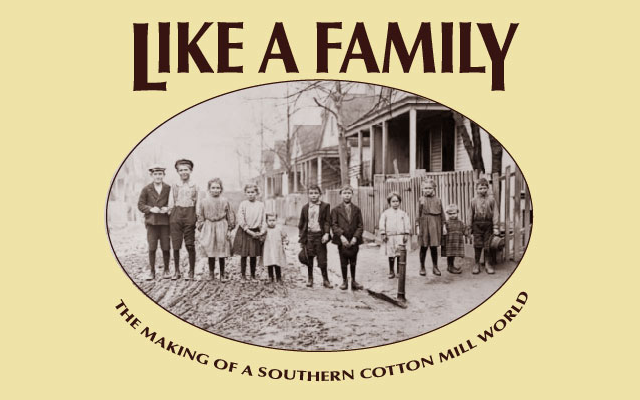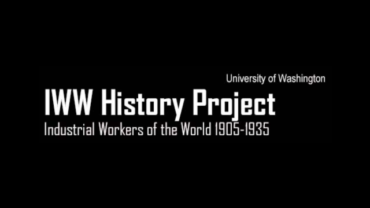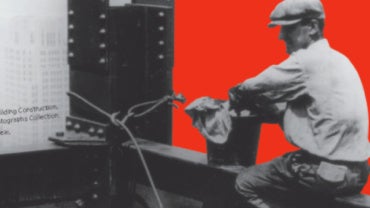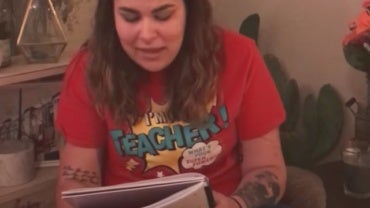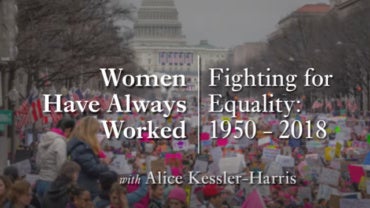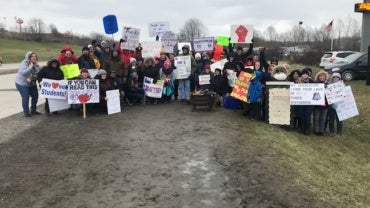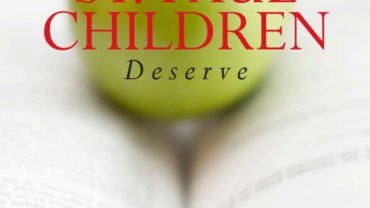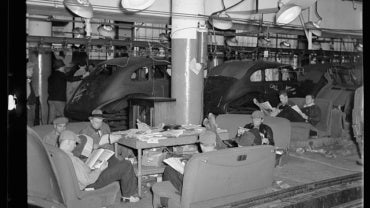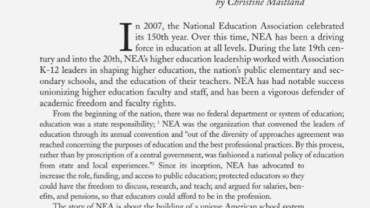This site was created by Dr. James Leloudis and Dr. Kathryn Walbert as a part of the American Historical Association’s program Teaching and Learning in the Digital Age, funded by the National Endowment for the Humanities. In building this website, our intent is to make oral history resources available to teachers at the secondary and college level and to suggest some of the ways in which the stories told in Like a Family can enrich the classroom experience for U.S. History students.
